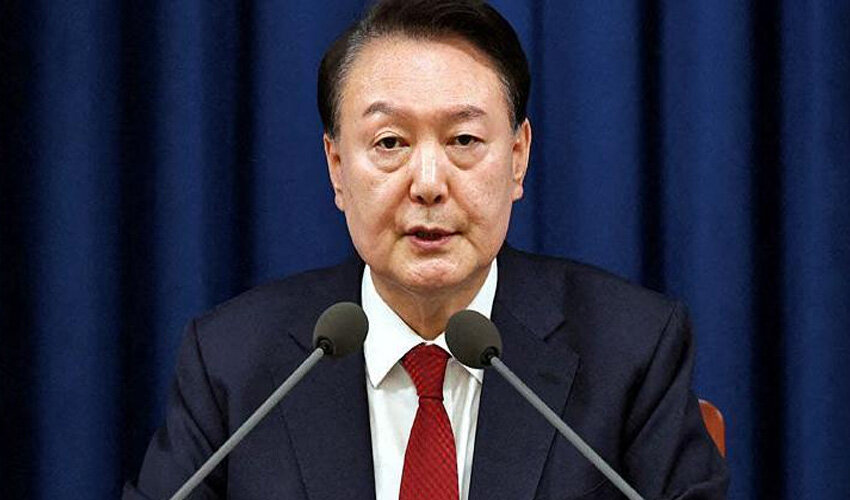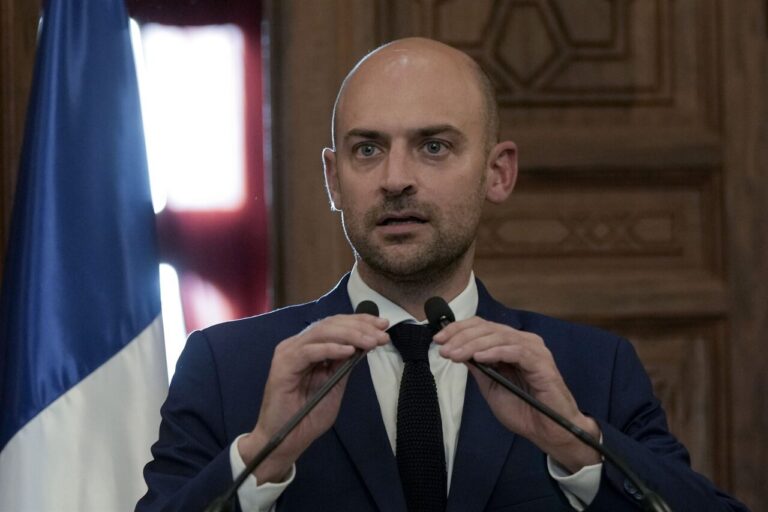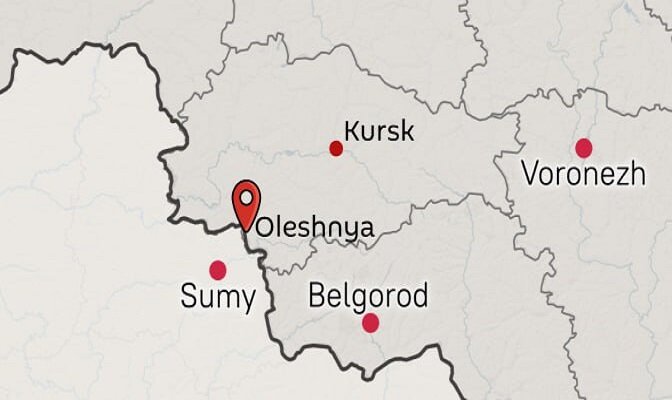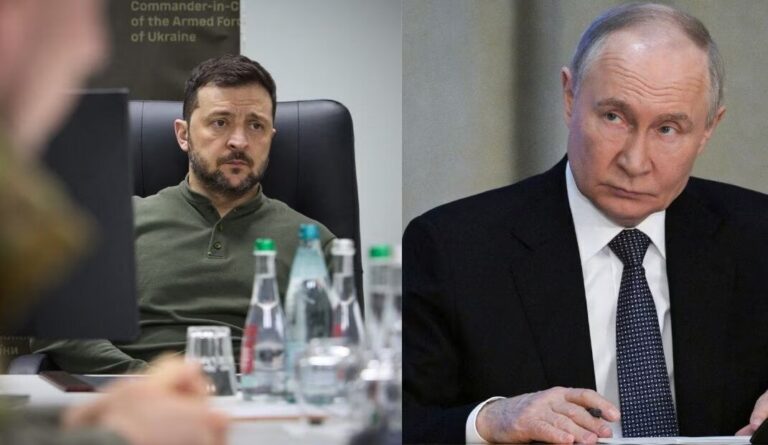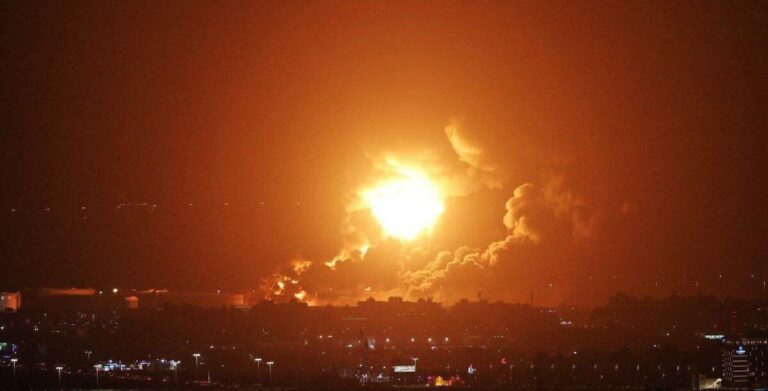South Korea’s Yoon Ousted Amid Martial Law Controversy as Election Approaches
In a significant political shift for South Korea, President Yoon Suk Yeol was removed from office by the Constitutional Court on Friday. This ruling marks a critical moment in the country’s history, following an impeachment process that stemmed from Yoon’s controversial imposition of martial law. The decision has triggered a forthcoming presidential election, highlighting the nation’s ongoing struggle to uphold democratic values amidst political turmoil.
The unanimous ruling from the Constitutional Court ends months of uncertainty and political instability which have overshadowed South Korea’s efforts to engage with the administration of U.S. President Donald Trump. This comes at a time when Asia’s fourth-largest economy is experiencing slowing growth, as reported by Reuters.
According to the constitution, a new presidential election must be held within 60 days following the court’s ruling. In the interim, Prime Minister Han Duck-soo will serve as the acting president until a new leader is officially sworn in.
Among the candidates, Lee Jae-myung, the populist leader of the liberal Democratic Party, emerges as a prominent front-runner. Lee narrowly lost to Yoon in the 2022 elections but now faces his own set of legal challenges amid multiple corruption trials. On the other hand, the conservative bloc has a diverse array of candidates vying for the position.
“The Constitutional Court’s unanimous ruling has removed a major source of uncertainty,” stated Professor Leif-Eric Easley of Ewha University in Seoul. He emphasized the pressing challenges that the next government will face, including:
- North Korea’s escalating military threats
- China’s increasing diplomatic pressure
- Trade tariffs imposed by the Trump administration
Acting Chief Justice Moon Hyung-bae noted that Yoon’s December 3 declaration of martial law was a significant violation of his presidential duties. According to Moon, Yoon’s actions constituted “a serious challenge to democracy,” undermining the trust placed in him by the citizens.
“(Yoon) committed a grave betrayal of the people’s trust,” Moon asserted, adding that the martial law declaration led to widespread chaos affecting various aspects of society, including the economy and foreign policy.
The ruling has been hailed as a victory for South Korea’s resilience and its ongoing quest for human rights and democratic values by organizations such as Human Rights Watch.
The response from the public has been overwhelmingly positive. Thousands gathered at a rally demanding Yoon’s ouster erupted into jubilant cheers upon hearing the court’s decision, chanting, “We won!” This collective expression of relief underscores the significance of the ruling for many South Koreans who have been advocating for democratic governance.
In conclusion, the ousting of President Yoon Suk Yeol by the Constitutional Court signals a pivotal moment in South Korea’s political landscape. As the nation prepares for a new election, the implications of this ruling will be felt across various sectors, including economic stability and international relations. The next leader will undoubtedly face a challenging path ahead, navigating both domestic issues and external pressures while striving to restore public trust in the government.
